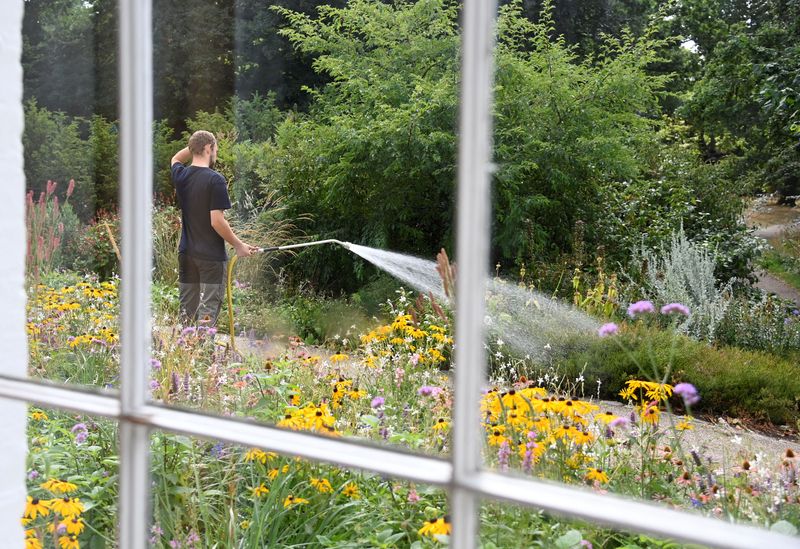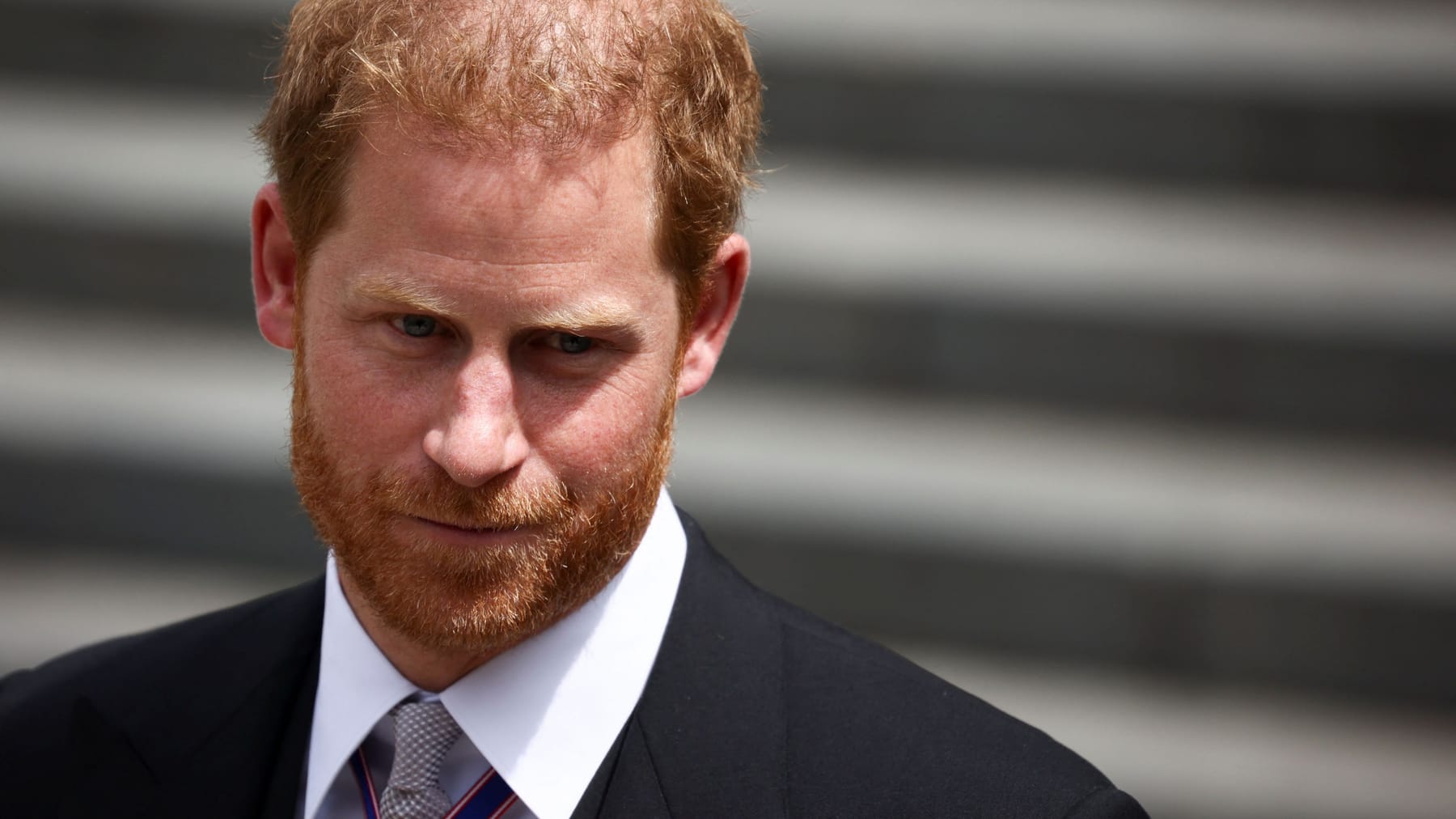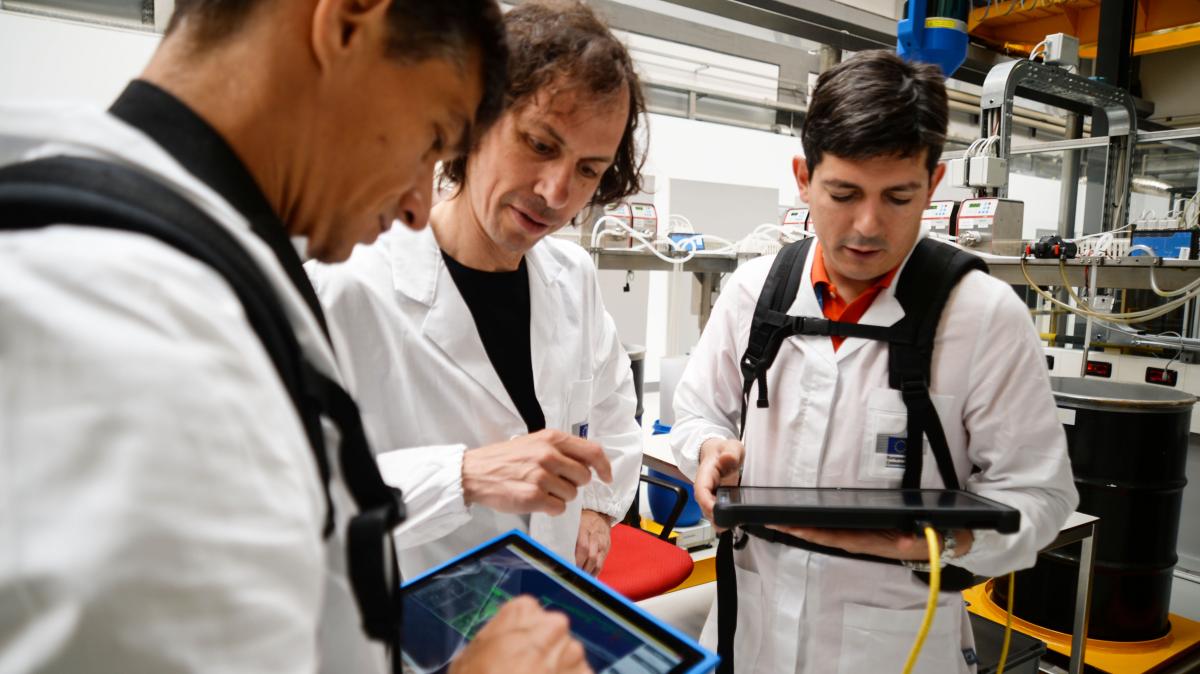The European Research Council supports 37 research teams A total of €395 million to work on complex scientific questions. 135 researchers are involved in 37 award-winning projects. Most of the projects (27) are implemented in Germany. Ilyana IvanovaThe Commissioner for Innovation, Research, Culture, Education and Youth congratulated the successful teams: “Some scientific questions are too complex for researchers to address alone. Challenges such as climate change or aging populations affect many research disciplines and require different approaches, skills and resources. For this reason, the European Research Council today awarded 37 synergistic grants, to enable small groups of senior researchers Who work in various disciplines to address problems.
Three successful projects from Germany:
- How do plants perceive water stress?
How do plants sense the water around them? Search this Christine Ziegler Manal University of Regensburg With colleagues from Israel, Norway and the United Kingdom. The main goal of their HYDROSENSING project: to study how plants perceive water. To do this, the team wants to know which parts of plants help them “feel” the water level. The newly formed research team is pursuing an interdisciplinary strategy by carrying out pioneering work in developing innovative genome editing, capturing images of processes within plants and studying their structure. The researchers are pursuing a strategy that promises to uncover the basic rules that explain how plants know when they are running out of water. The project will be in one 60-month term for €9.8 million supports.
- Bats are key to longer health and disease resistance
Bats stand out among mammals for their exceptional longevity and lack of age-related health problems. Although they serve as hosts for many dangerous viruses, bats typically do not show symptoms of viral infections thanks to their unique immune system adaptations. The main goal of BATPROTECT is to advance our understanding of the specific genetic and biochemical factors in bats that are responsible for their ability to live longer, healthier lives and be highly resistant to disease. The project brings together a team of world-leading experts in bat biology, genomics, immunology and gerontology, including Michael Heller From the Senckenberg Research Institute in Frankfurt and Bjorn SchumacherDirector of the Institute for Genome Stability in Aging and Disease at the University Hospital Cologne. The project is funded by 72 months for more than 11 million euros.
- Reducing the risk of volcanic disasters
Volcanic eruptions threaten more than ten percent of the world’s population. Despite technological and scientific advances, some volcanoes still surprise us with sudden and powerful eruptions. Previous research has shown that a process that changes the chemical and physical properties of rocks inside a volcano can cause them to rot and become unstable. However, scientists still do not understand why these “soft” volcanoes experience unexpected eruptions. The ROTTnROCK project aims to transform our knowledge of hydrothermal variability and its impact on volcanic hazards by bringing together different scientific disciplines such as remote sensing, mineralogy, chemistry, rock mechanics and modeling. Thomas Walter From the Center for Geological Research Potsdam, he is working with colleagues from Sweden, Ireland and France on a project to improve prediction of unexpected volcanic eruptions. Funding from the Synergy Grant is overflowing 72 months and is worth approximately 10 million euros.
The funding is part of the Horizon Europe programme
The funding supports groups of outstanding researchers to pool diverse skills, knowledge and resources to expand the frontiers of our knowledge. The ERC Synergy Grant Program is part of the European Union’s research and innovation program Horizon Europe.
Under this call, applicants submitted 395 proposals. Researchers involved in 37 award-winning projects are implementing their projects at 114 universities and research centers in 19 countries in Europe and beyond.
UK association with Horizon Europe
The European Commission and the British Government have reached a preliminary agreement for the UK to join Horizon Europe. This means that the United Kingdom From January 1, 2024 It is officially linked to Horizon Europe and that the link only applies to procurement actions implementing Budget 2024 onwards.
UK-based entities can continue to apply for Horizon Europe grants funded from the 2023 Budget. However, they do not fall under the UK’s connection to Horizon Europe and therefore cannot receive EU funding. The Transitional Regulation applies to these and other 2023 Work Program applications. UK applicants recommended for funding may receive EU funding if they choose to transfer their proposal to an eligible host institution.
About ERC
The European Research Council, founded by the European Union in 2007, is the most important European funding organization for excellent pioneering research. It supports creative researchers of all nationalities and ages implementing projects across Europe. The ERC offers four central funding programmes: Start grants, Consolidated grants, Advanced grants And Synergy grants. With its add-on software for Proof of concept grants The ERC helps grantees bridge the gap between their pioneering research and the early stages of commercialization. The Research Council is managed by an independent administrative body, the Scientific Council. Maria Liptin has been president of the European Research Council since November 2021. The ERC’s total budget for the period 2021-2027 is more than €16 billion and is part of the programme. Horizon Europewhich is responsible for the European Union Commissioner for Innovation, Research, Culture, Education and Youth, Ileana Ivanova.
additional information:
ERC Press Release: ERC synergistic grants support 37 teams working on complex scientific questions
List of all selected researchers
Tap ERC Contact: Tap ERC Contact: erc pressEuropean Commission [dot] Europe [dot] European Union (Marcin Monko) +32 (0)2 29 666 44, erc press
Press contact representative: Gabrielle [dot] Imhoff
The team at the ERLENBIS EUROPA Visitor Center will respond to citizens’ inquiries via email I ask

“Alcohol buff. Troublemaker. Introvert. Student. Social media lover. Web ninja. Bacon fan. Reader.”







More Stories
frap | An American company buys the Crans Montana ski resort
“A ban would destroy seven million businesses” » Leadersnet
What are the opportunities available to the company?